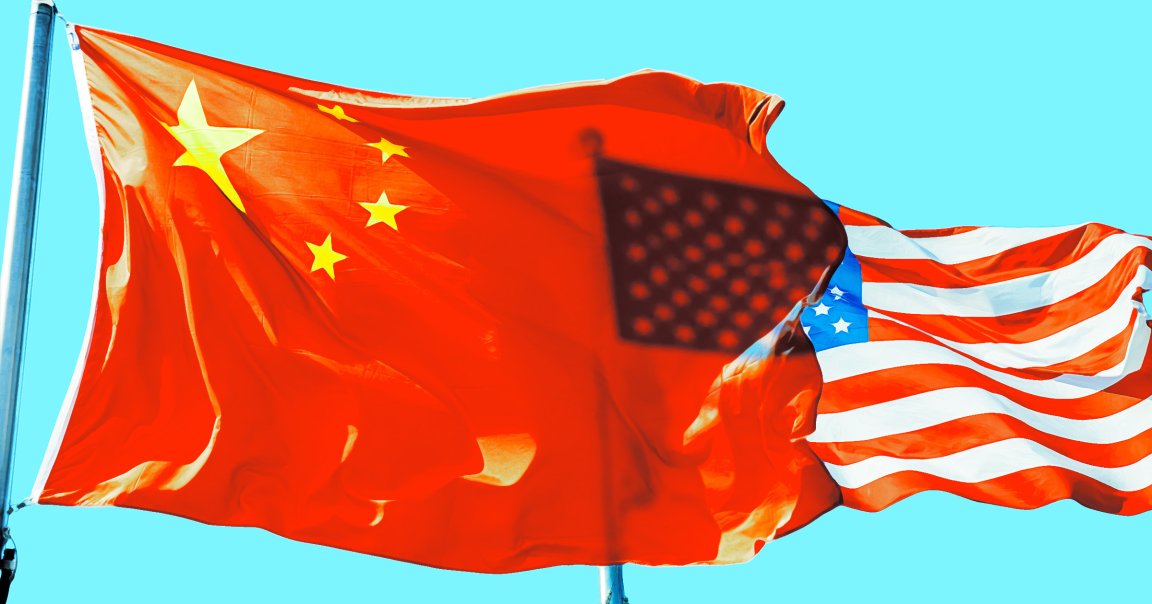
You might have heard of an “AI race” heating up between the US and China, a bitter rivalry between two global adversaries that could shape the direction of world history.
At least, that’s how some in the US feel. While China has repeatedly tried to establish a geopolitical friendship with the richest nation in the world, officials and pundits in the US have doubled down, reframing artificial intelligence as the 21st century’s nuclear bomb.
In the meantime, China may have gotten a massive lead — by actively investing in its power grid, while the United States’ is quickly running out of capacity to power immensely power-hungry AI models.
As Fortune reports, Americans who’ve had a look at China’s technological development firsthand found that the two country’s aren’t even in the same league, given China’s next-level power grid.
“Energy is considered a solved problem,” wrote Rui Ma, editor of the US publication Tech Buzz China.
“Everywhere we went, people treated energy availability as a given,” she continued. “This is a stark contrast to the US, where AI growth is increasingly tied to debates over data center power consumption and grid limitations.”
AI is a notoriously energy-intensive technology. The data centers powering large language models like ChatGPT are immense labyrinths of computer chips, which suck down resources like power and water in order to keep up with demand.
As Fortune notes, this effectively makes electricity the key bottleneck for expanding AI infrastructure.
That’s caused some critical shortages in the US. Short on energy and hopped up on fantasies of an arms race, American companies are resorting to all kinds of bizarre strategies to get their juice. Elon Musk’s xAI, for example, is running 35 portable methane gas generators in the parking lot of one of its main datacenters in Memphis, encircling nearby communities in a cloud of noxious smog.
China has no such problems. In 2024, China was responsible for nearly 65 percent of the world’s renewable energy construction, installing so many solar panels and wind turbines that it caused the country’s CO2 emissions to drop for the first time — despite record-high demands for energy.
Whether or not the US can catch up remains to be seen. President Donald Trump previously made an off-the-cuff remark about attaching coal power plants to data centers directly.
It’s an unfortunate conundrum in an age when energy demand in the US has never been higher. In the meantime, China keeps chugging along, seemingly unperturbed by any energy bottlenecks — and the Trump administration’s posturing.
More on AI: AI Datacenters Are Raising Nearby Residents’ Electric Bills